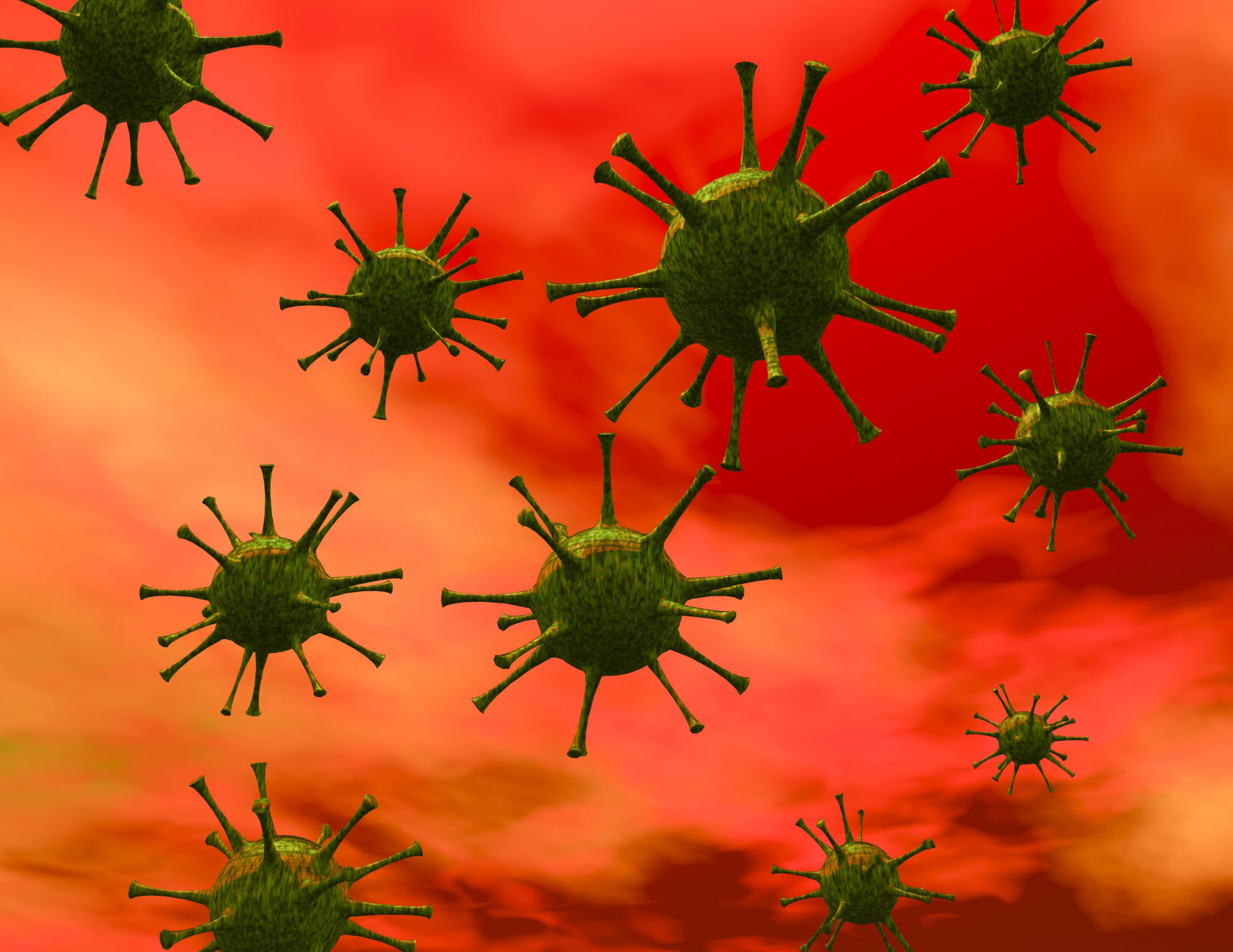The new COVID-19 variant BF.7, of which four cases have been detected in India, is a sub-lineage of the Omicron variant BA.5. The same is driving the huge COVID surge in China.
The sub-variant has been detected in several other countries, including Germany, Belgium, France, Denmark, the US and the UK.
It is a highly transmissible variant with a shorter incubation period, and this variation has 4.4-fold stronger neutralisation resistance than the original Wuhan virus, according to a study that was published in the journal Cell Host and Microbe.
This means the antibodies from the vaccination are not effective enough against the virus. Moreover, pre-existing antibodies in the human body are less effective at neutralising the BF.7 virus, according to the study. According to Li Tongzeng, a physician at Beijing’s Xiaotangshan Hospital, Omicron BF.7 has a greater capacity for immunological escape.
Symptoms of Omicron BF.7 variants include common COVID-19 symptoms as well as some new and unusual symptoms.
• It begins with a high-to-low-grade fever, followed by a cough, sore throat, chest pain, shortness of breath, weakness, headache, periorbital pain, loss of smell, and loss of taste.
• Vomiting and diarrhoea are also predominant symptoms.
• Nausea and loose motions
• Vesicular rashes or tiny fluid-filled blisters
• Confusion and hallucinations are part of it too, as the CNS (central nervous system) gets affected by this variant.
• Acute myocardial infarction, pulmonary embolism, and acute stroke are also some disorders that can be precipitated by Covid.
• Uncontrolled diabetes
• Kidney issues
• Extreme weakness
According to health experts, those who have not been vaccinated or who have weakened immune systems are more likely to contract this virus. And with the rising number of COVID cases reported, appropriate behaviour is advised.
• Wearing a mask
• social distancing
• hand sanitization
• Common coughs and colds or fever should not be ignored but checked for BF.7.










